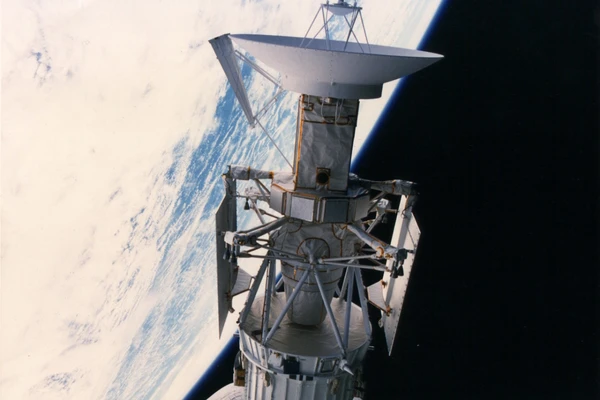Images from the Magellan Mission captured earlier have led researchers to unveil new evidence of ongoing volcanic activity on Venus, including tectonic shifts and turbulent surface winds.
About Magellan Mission:
- Magellan Mission was the first spacecraft to image the entire surface of Venus.
- It was launched by NASA in 1989 and utilized the Synthetic Aperture Radar (SAR) to map the Venusian surface.
- SAR refers to a technique for producing fine-resolution images from a resolution-limited radar system.
Ref: Source
| UPSC IAS Preparation Resources | |
| Current Affairs Analysis | Topperspedia |
| GS Shots | Simply Explained |
| Daily Flash Cards | Daily Quiz |
Frequently Asked Questions (FAQs):
What is the Magellan Mission?
The Magellan Mission was the first spacecraft to image the entire surface of Venus. Launched by NASA in 1989.
What is Synthetic Aperture Radar (SAR) and how does it work?
Synthetic Aperture Radar (SAR) is a technique used in radar systems to produce high-resolution images. It works by moving the radar antenna over the target region and capturing data over a large swath, which is then processed to form an image with fine detail.



